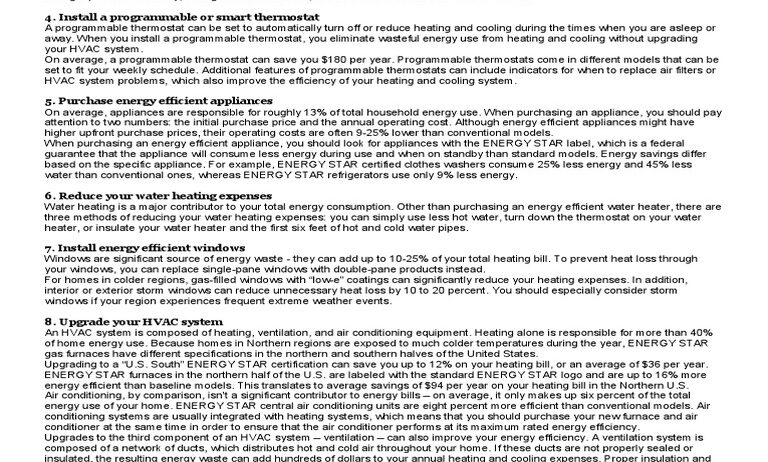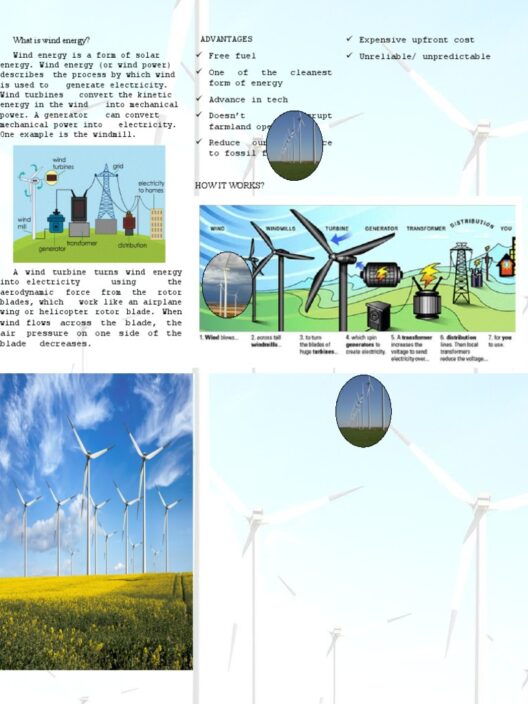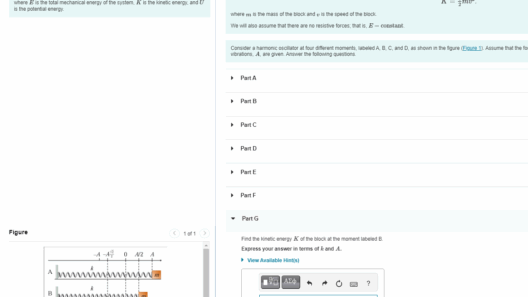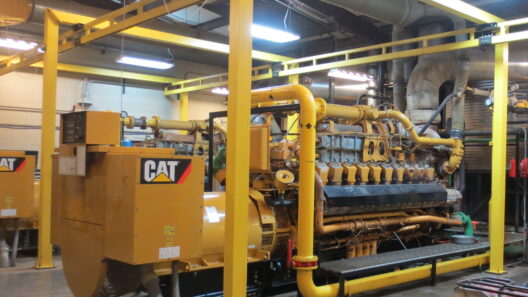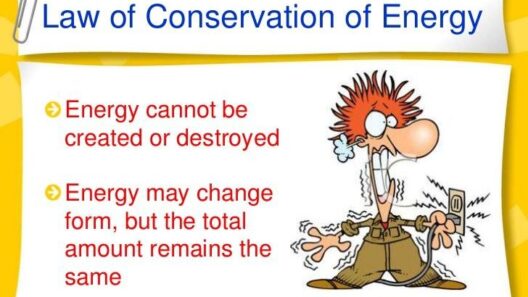Understanding energy conservation is essential in today’s world, where the relentless pursuit of energy is often at odds with environmental sustainability. Energy conservation refers to any behavior that results in the use of less energy. This can be achieved through various means, from smarter consumption habits to implementing advanced technologies in our daily lives. Emphasizing energy conservation is not just beneficial for the environment; it can also lead to significant financial savings for households and businesses alike. This guide delves into the concept of energy conservation, exploring its intricacies and offering practical methods to reduce energy consumption in everyday life.
Energy conservation has become increasingly critical due to growing concerns surrounding global warming, climate change, and resource scarcity. As energy demands continue to rise, the need to identify and understand strategies for mitigating energy consumption becomes indispensable. By adopting these strategies, we not only ease the burden on our planet but also foster a culture of sustainability and responsibility.
One crucial aspect of energy conservation is understanding the difference between energy efficiency and energy conservation. While these two terms are often used interchangeably, they bear distinct meanings. Energy efficiency refers to using technology that requires less energy to perform the same task, while energy conservation focuses on reducing energy use altogether. Understanding this distinction is vital for implementing effective strategies that align with both personal and environmental goals.
Now let’s explore practical steps you can take to conserve energy at home and at work.
Embrace Energy-Efficient Appliances
One of the most impactful actions individuals can take is to invest in energy-efficient appliances. These appliances are designed to consume less energy while delivering the same level of performance. Look for the Energy Star label when purchasing new devices, as this indicates that the appliance meets strict energy efficiency guidelines set by the U.S. Environmental Protection Agency.
By replacing older, less efficient models with newer ones, households can significantly reduce their energy consumption. Common appliances to consider include refrigerators, dishwashers, and washing machines. In addition, utilizing energy-efficient light bulbs, such as LED or CFL, can drastically cut electricity usage for lighting.
Master the Art of Insulation
Another effective way to conserve energy is to enhance your home’s insulation. Insulation helps to maintain a consistent indoor temperature by preventing warm or cool air from escaping. Proper insulation in attics, walls, floors, and basements can significantly decrease the energy required for heating and cooling.
In addition, sealing gaps and cracks around windows and doors ensures that heated or cooled air does not leak outside. These simple adjustments not only save energy but also enhance comfort levels throughout the year.
Revamp Your Heating and Cooling Systems
Heating and cooling systems account for a significant portion of energy consumption in both residential and commercial buildings. Regular maintenance of these systems is paramount for optimal performance. Ensure that air filters are changed regularly, ducts are cleaned, and the thermostat is calibrated to avoid unnecessary energy expenditure.
Consider investing in a programmable or smart thermostat. These devices allow you to set temperatures based on your schedule, preventing energy waste when heating or cooling is unnecessary. For those looking to make a more substantial investment, geothermal heating and cooling systems provide a highly efficient, long-term solution.
Utilize Smart Technology
The rise of smart home technology has opened new avenues for energy conservation. Smart meters and home automation systems allow homeowners to monitor and manage their energy usage in real-time. This enhanced visibility empowers users to identify energy hogs within their home and adjust their behavior accordingly.
Smart plugs can also help you control devices remotely, ensuring they are turned off when not in use, thereby preventing phantom loads. Incorporating devices like smart lights that can be programmed or controlled via mobile applications allows for extensive energy savings. Embracing these technologies can lead to more informed energy consumption choices and heightened awareness of one’s environmental impact.
Practice Mindful Consumption
Mindful consumption goes beyond purchasing energy-efficient products; it encompasses broader behavioral changes. Simple everyday actions can collectively result in significant energy savings. For instance, turning off lights in unoccupied rooms, unplugging chargers when not in use, or washing laundry in cold water can make a marked difference.
Behavioral adjustments, such as embracing natural light during the day instead of relying on artificial lighting, also contribute to reduced energy consumption. Additionally, minimizing the use of air conditioning by employing fans or opening windows for ventilation can lead to substantial energy savings.
Advocate for Renewable Energy Sources
As energy consumers, advocating for renewable energy sources is a critical component of energy conservation. Transitioning from fossil fuels to renewable energy sources such as solar, wind, or hydropower not only lessens our reliance on finite resources but also reduces carbon emissions.
Exploring community solar programs, considering home solar panel installations, or purchasing renewable energy credits are all viable pathways to take part in this transition. Supporting legislation aimed at promoting renewable energy initiatives ensures that energy conservation measures can be supported and sustained on a broader scale.
Impact of Energy Conservation
The benefits of energy conservation extend beyond mere monetary savings. By adopting responsible energy practices, we contribute to the reduction of greenhouse gas emissions, combat climate change, and preserve natural resources for future generations.
Furthermore, energy conservation enhances quality of life by fostering sustainable community developments that prioritize the environment. An energy-conscious populace promotes innovation in clean energy technologies and encourages a culture of sustainability that can be embraced by all sectors of society.
In conclusion, energy conservation is not just a buzzword; it is a necessary commitment for individuals, businesses, and communities alike. By taking actionable steps in our daily lives, we can collectively drive meaningful change. Understanding the significance of energy conservation allows us to make informed decisions that serve both personal and planetary health. Incorporating these strategies fosters a culture prioritizing sustainability, ultimately leading to a better future for our planet.


